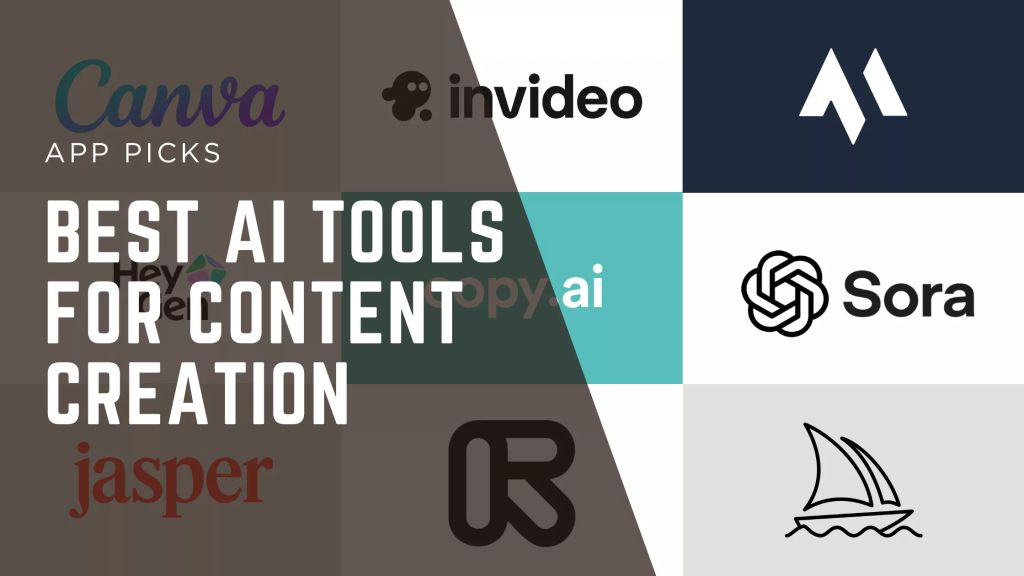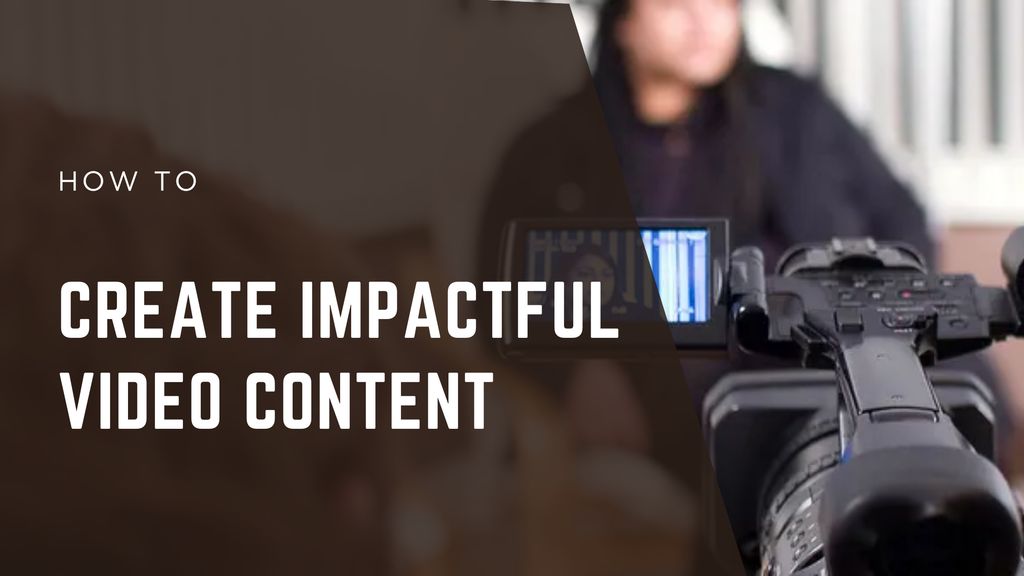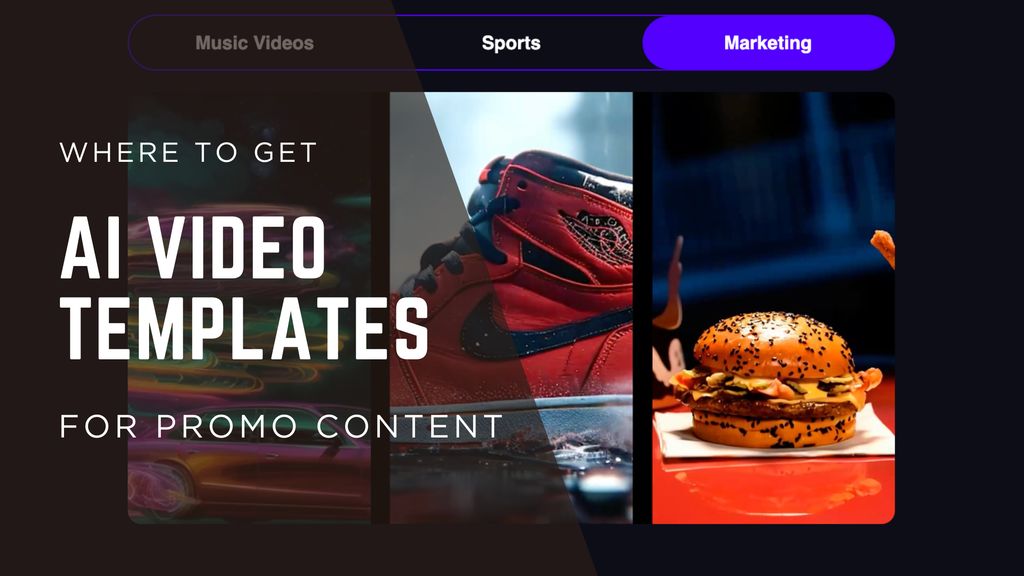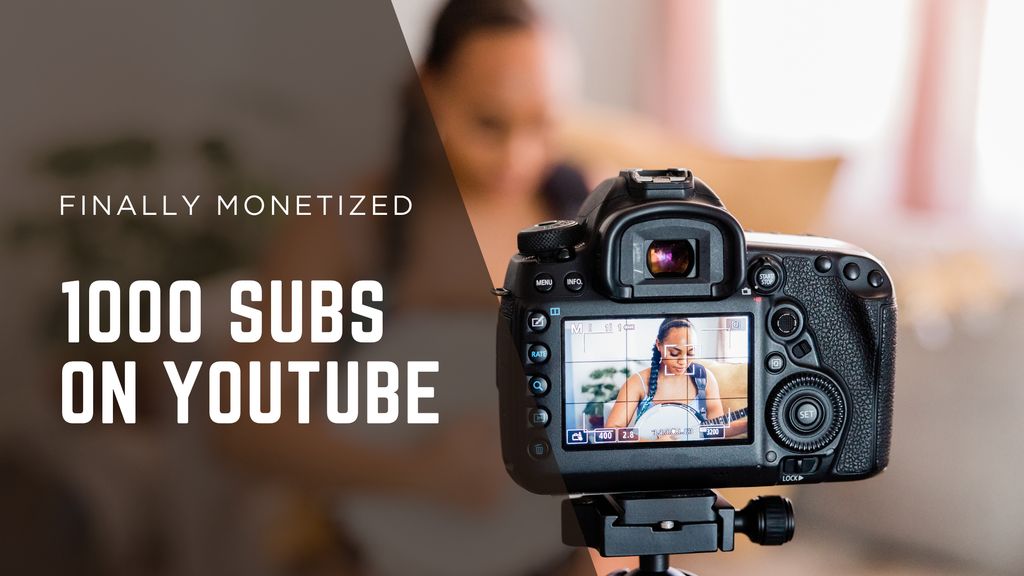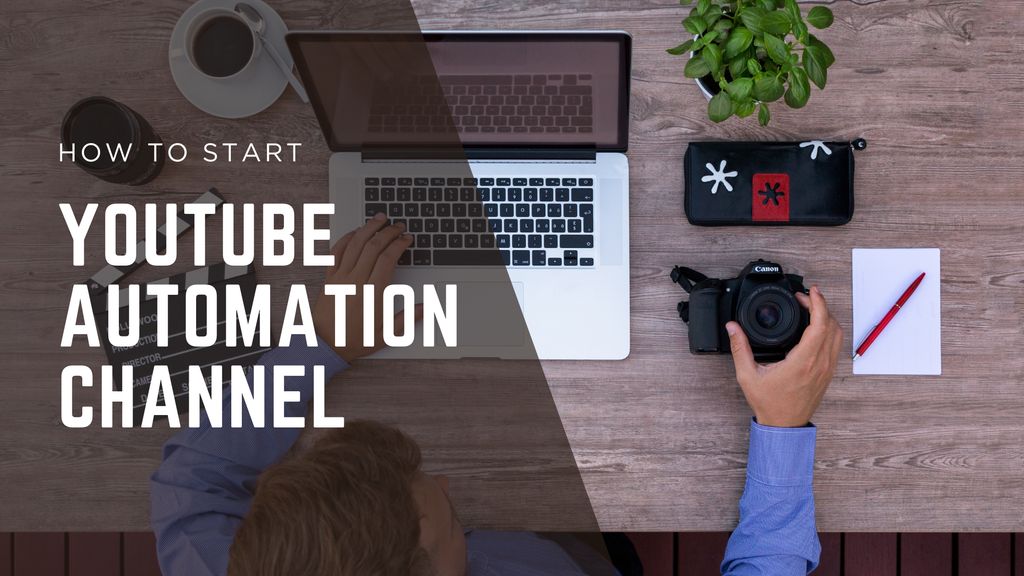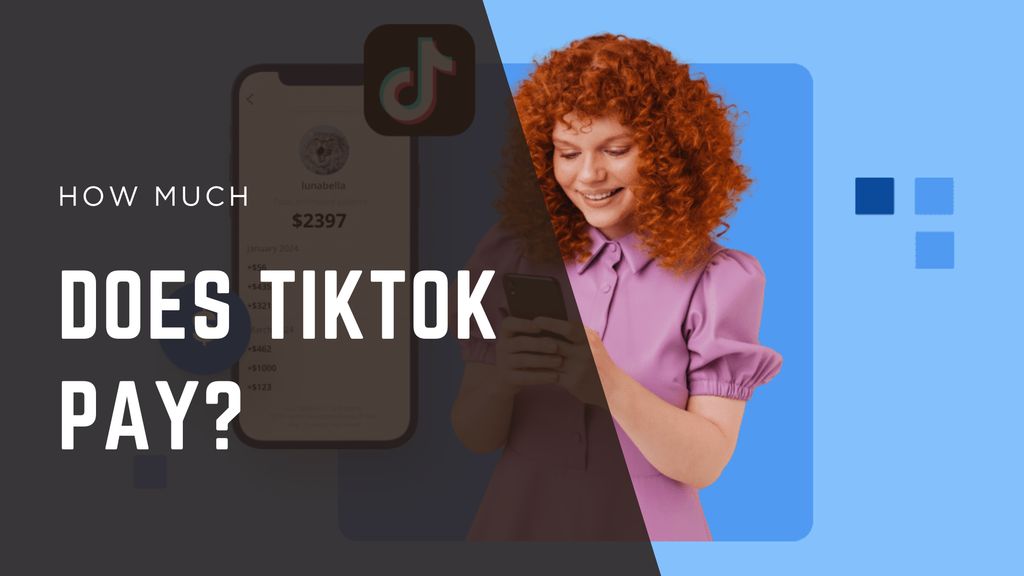How to Become a Content Creator: A Step-by-Step Guide


Content creation is more than just going viral - it’s a real career path with serious potential. Whether you’re aiming to build a personal brand, earn a full-time income online, or just share what you love, now’s the best time to get started.
Content creation isn’t about having fancy gear or chasing trends - it’s about clarity, consistency, and connection. With the right tools (many powered by AI), strategy, and mindset, you can stand out and grow a loyal audience.
This guide breaks down the exact steps you need to launch and grow as a content creator this year.
Quick Overview
Step | Focus Area | Goal |
|---|---|---|
1 | Define Your Niche | Stand out, target audience clearly |
2 | Choose Platforms | YouTube, TikTok, Instagram, blog… |
3 | Master Tools | Cameras, mics, AI, editing platforms |
4 | Build Content Plan | Posting schedule + creative ideas |
5 | Promote & Grow | Collabs, SEO, community, emails |
6 | Monetize Strategically | Ads, affiliate, sponsorships, merch |
7 | Analyze & Iterate | Track data, learn what works |
1. Define Your Niche and Audience
- Pick the topic you love and others want - tech tutorials, wellness routines, DIY crafts, cooking, education, pet care, or even niche hobbies.
- Find your angle - what makes you different? A sense of humor, a teaching style, or behind-the-scenes insight?
- Know your audience: age, interests, problems. Answer real questions and add value.

How to Identify What’s in Demand
Once you’ve defined your niche, the next step is figuring out what your target audience actually wants. This is where demand research comes in.
Start by using keyword research tools like Google Keyword Planner, Ahrefs, or Ubersuggest to find high-volume, low-competition search terms. Look for trending questions and common pain points related to your niche. You can also explore community-driven platforms like Reddit, Quora, and niche forums. These are goldmines for spotting what real people are actively discussing, struggling with, or curious about.
For example, if your niche is digital marketing, your research might reveal that while topics like SEO and social media are saturated, there’s little content about content creation for small businesses looking to build a strong brand identity online. That insight becomes an opportunity.
Ask yourself: "Can I offer actionable strategies tailored to small business owners who want to create impactful content and grow online?"
If you have experience in combining digital marketing with content strategy, this is a content gap you can confidently fill. By identifying underserved topics and offering unique value, you not only align your content with search intent but also position yourself as a trusted expert in your niche.
Remember, the sweet spot is where your expertise meets what people are actively searching for - but aren’t finding yet.
2. Choose Your Platforms
- YouTube - Best for long-form video. Ideal for tutorials, explainers, series.
- TikTok / Reels - Fast, engaging, viral potential. Short video content.
- Instagram - Mix of photography, short video, micro-blogging.
- Blog/Newsletter - SEO-rich content and community building through email.
- LinkedIn - Good for thought leadership in B2B or professional niches.
You don’t have to be everywhere; start where your audience already lives.

3. Master Your Tools & Workflow
- Gear: Invest in a good mic, ring light, and phone or entry-level camera. You don’t need pro gear to start.
- Editing: Try tools like DaVinci Resolve, CapCut, or Canva for videos. AI tools like Descript or Magic Hour save time on editing and thumbnails.
- AI Helpers: Use AI for research, scripts, video summaries, image generation, and captioning.
Pro Tip: Build a reusable template for thumbnails, intros, and captions using AI tools like Magic Hour or Canva. Platforms like Sooftware also can help you browse tools and find the one you need in one place. You can look at ratings, user reviews, and many of the listed apps are available for direct download on Windows.

4. Create Your Content Plan
- Decide how often you’ll post - once a week, three times a week?
- Map out 4-6 weeks of content ahead: tutorials, reviews, tips, personal stories.
- Include evergreen content (timeless topics) and topical content (reacting to trends or news).
- Set clear goals: build subscribers, drive website traffic, or grow email signups.

5. Promote Your Content
- Add SEO to titles, descriptions, and blog posts (keywords + human touch).
- Network with other creators - collabs, guest appearances, or social shares.
- Engage daily: reply to comments, ask questions, and build meaningful connection.
- Use a newsletter or Telegram/Discord group to stay in touch beyond posts.

6. Monetize Smartly
- Ad revenue - YouTube Partner, and TikTok.
- Affiliate Marketing - Promote tools, gear, courses you actually love (e.g., Amazon, Skillshare).
- Sponsorships - Reach out once you hit ~5k-10k audience. Use a media kit with rates and stats.
- Merch or Digital Products - Simple items like eBooks or presets.
- Memberships - Patreon, Channel memberships, Discord perks, or live chats.
Pro Tip: Mix revenue streams - don't depend on one platform alone.

7. Analyze & Improve
- Track metrics: CTR, watch time, likes, shares, comments, subscriber growth.
- Use analytics tools: YouTube Studio, TikTok Insights, Google Analytics.
- Run A/B tests: try different thumbnails, titles, posting times.
- Refresh top-performing content with updates or new formats.

Bonus Professional Tips
- Keep learning - take courses on storytelling, SEO, editing.
- Connect with creator groups or local meetups.
- Avoid burnout - balance schedule, mental breaks, realistic goals.
- Stay authentic. Real connections grow real communities.
Final Thoughts
Becoming a content creator is more accessible - tools, platforms, & AI help level the playing field. But success is still earned through consistency, creativity, and community. Focus on real value, track progress, and adapt as you learn.
Need help with templates, strategy, or tools? I’m happy to share a checklist, calendar setup, or AI resource pack to get you started.

